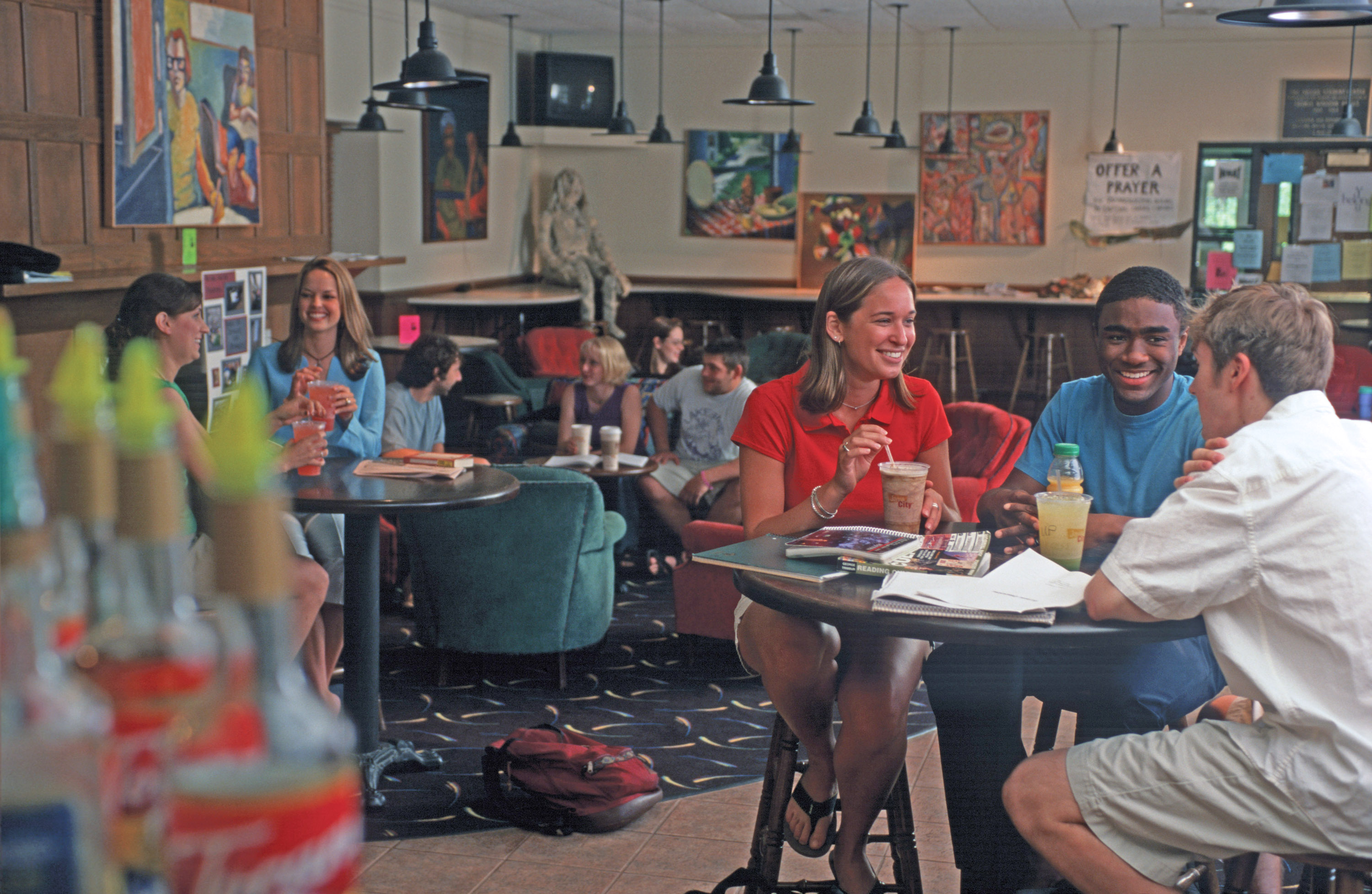Mission Statement
At the Department of Urban Studies and Health Equity, our mission is to dismantle structural inequalities through transformative education and community engagement. We foster interdisciplinary learning environments where students gain comprehensive experiences that bridge theory with practice. By integrating advocacy, practical skills, and career readiness into our curriculum, we empower our students to actively dismantle structural inequalities and contribute to the development of equitable and sustainable urban environments. Our goals focus on enhancing analytical and critical thinking, developing practical skills and community engagement, and fostering regional and global understanding. By adopting an asset-based approach, we empower communities, recognizing and leveraging their inherent strengths and unique experiences.
Our commitment to policy engagement prepares our students to become effective advocates for equitable policies that address systemic disparities. We honor the distinctiveness of local contexts while understanding their interconnectedness with global processes. Through a global lens, we cultivate a deeper appreciation of diverse places and cultures, enriching our understanding of the world and informing our efforts to create more just and healthy communities.
We aim to equip our students with the skills and knowledge necessary for various career paths, including urban planning, public policy, community development, public health, and social justice advocacy. Graduates will be well-positioned to pursue advanced studies and careers in both public and private sectors.
Together, we strive to build a more equitable and inclusive society where every individual thrives.
Goals
Analytical and Critical Thinking
- Think creatively and critically about strengths and challenges found in urban contexts, utilizing theory, methods, and evidence in the interdisciplinary field of urban studies.
- Gain an understanding of intersecting systems of inequality within and across urban communities.
- Understand how unjust social conditions cause illness and disease for stigmatized populations.
Practical Skills and Community Engagement
- Develop the skills to be reflexive, responsible social actors and collaborative change agents in cities, grounded in community organizing principles.
- Acquire concrete skills in urban planning, urban design, and Geographic Information Systems (GIS) to effectively contribute to urban development and improvement.
- Identify and intervene when bias leads to unequal care, practicing equity-oriented, person-centered care.
- Understand how policy affects both health and urban environments and advocate for better policies.
Regional and Global Understanding
- Know Memphis and the Mid-South region in comparative and historical contexts, informed by the arts and natural sciences.
- Develop a global perspective that enriches understanding of diverse places and cultures, and understand the impact of global processes on local contexts.
- Engage with regional and international case studies to identify best practices and innovative solutions to urban challenges.
Students, staff, and faculty will contribute to a vibrant, interdisciplinary, and inclusive community that supports its members and fosters our best work. The program will serve as an academic hub on the campus for dialogue, scholarship, and community engagement focused on Memphis and cities around the world.
